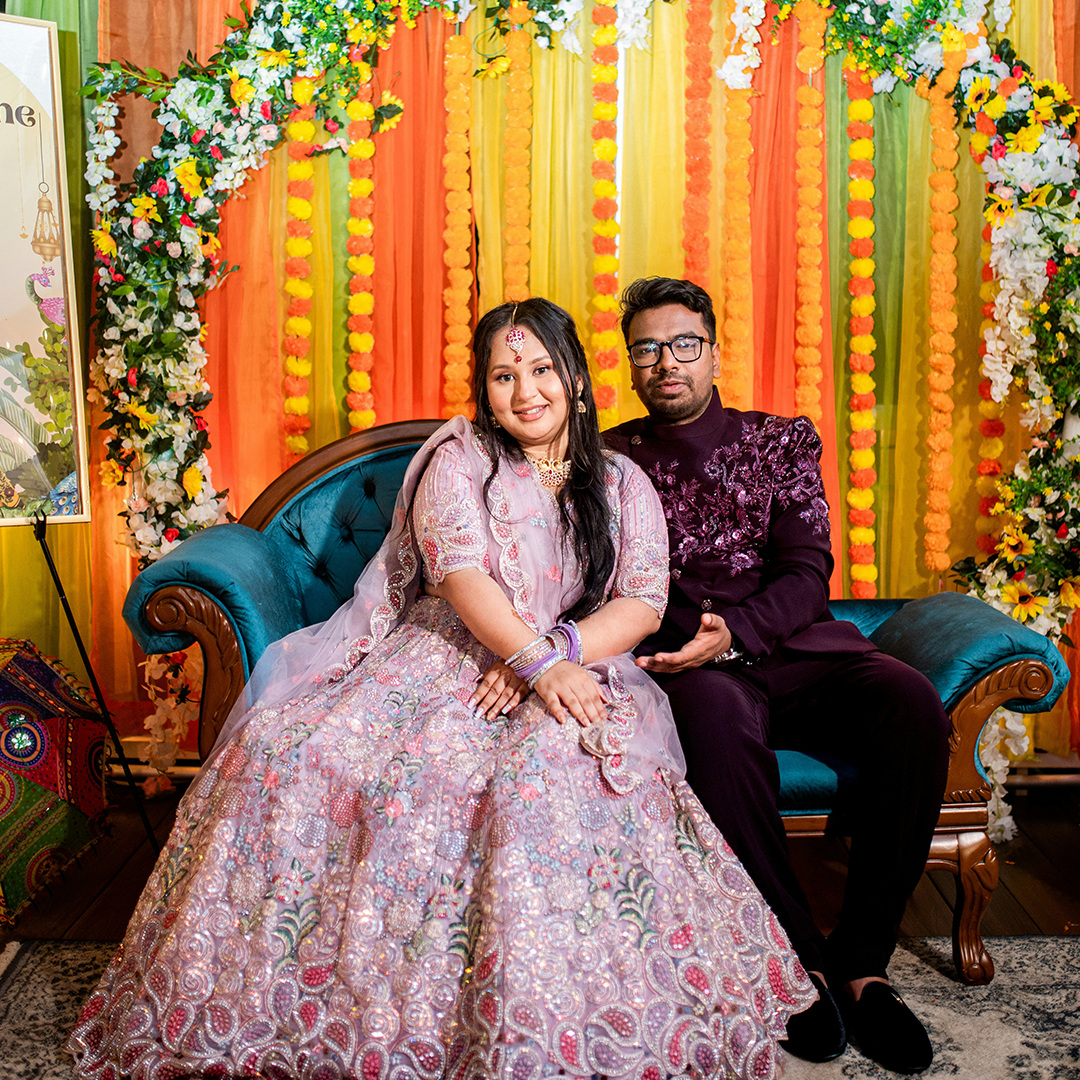- HOME
- SEARCH
- MEMBERSHIP
- Contact
- Register FREE
- Login
Marriage has always been the backbone of social and cultural life. Historically, matchmaking was the work of families, where weddings were both an individual and societal event. Yet, as society progresses, so does the method of seeking a life partner. Marriage bureaus, which were previously regarded as a more traditional or conservative form of matchmaking, have evolved with the times, embracing technology and broadening their services to address the needs of today. But this evolution has introduced new challenges, especially how to balance ethics with the high expectations of clients today.


Marriage bureaus have existed for decades, typically arranging matrimonial matches based on social status, caste, religion, and family values. Although these aspects are still important in most of the world, contemporary clients want more than a match of cultural background. Today, people want compatibility on other levels—emotional, intellectual, and even economic. Consequently, marriage bureaus are no longer mere matchmakers; they have become counselors, advisors, and mediators and provide services over and above a simple introduction.
As the era of digital matchmaking and online platforms has emerged, marriage bureaus have been forced to evolve in a changing environment. From the days of face-to-face introductions by family networks, the bureaus now work offline and online using algorithms, databases, and online tools to bring people together with intricate parameters. Consequently, the role of the marriage bureau has become a mixture of personal touch and technical prowess.
Those days are gone when marriage bureaus operated as casual matchmakers with many biodatas to show. Now, they have grown into advanced services providing:
What distinguishes them from algorithm-based dating apps is the human touch, for families and individuals placing the emphasis on emotional quotient, family history, and long-term compatibility rather than fleeting relationships. Marriage bureaus provide a quality-curated experience for them.
Though technology has widened the scope of marriage bureaus, it has also introduced ethical issues that must be given careful thought. As the business increases, so does the onus of bureaus to ensure that their operations are in line with ethical principles.
Privacy and Confidentiality: Marriage bureaus deal with very personal information regarding clients past, economic status, and social likes and dislikes. They need to maintain the secrecy of these. Ethical agencies need to work under stringent norms of privacy as well as ensure that their online spaces are extremely secure. Conflicts regarding the violation of confidence or misuse of an individuals personal information would result in heavy loss, legally and socially.
Non-discrimination: With an increasingly diverse and globalized world, marriage bureaus must remain watchful not to practice bias or discrimination. While it is human nature to look for someone of the same identity, ethical marriage bureaus should not facilitate discriminatory practices based on caste, religion, or social status. Modern bureaus like Princess Matrimony attempt to ensure inclusivity by concentrating on compatibility instead of traditional social identities.
Informed Consent: Another ethical issue is making sure that the two individuals in a matchmaking transaction are adequately informed and concur with the match. It is important that individuals feel that they are masters of their own destinies and not coerced into relationships due to family duty or the whim of others. Marriage bureaus owe it to clients to ensure that they are making choices consistent with their desires and values.
In order to succeed in todays competitive environment, marriage bureaus have to balance addressing the increasing demands of contemporary clients while upholding high ethical standards. They should:
Yes. Although dating apps are trendy, many individuals, particularly in societies that respect arranged or family-based marriages, still prefer the structure and formality of a bureau.
Marriage bureaus provide individualized, frequently human-mediated matching, emphasizing long-term compatibility, family engagement, and ethical screening. Online dating apps tend to prioritize user-initiated swiping and short- or no-term relationships.
Yes, with a reputable bureau. Ethical bureaus have privacy policies, non-disclosure contracts, and secure data management. Always seek reviews and openness in their process.
Most bureaus are accommodating and will match according to individual preference. They are there to help, not control.
Most professional bureaus provide optional or obligatory background verification services to guarantee authenticity and safety for both parties.
Marriage bureaus nowadays find themselves at an interesting juncture—tradition and transformation. As they keep changing, the best ones are those that maintain ethical codes, are open to inclusiveness, and place genuine human relationships above all. Whether you are dealing with culture, family, or your changing values, a contemporary marriage bureau can still remain your considerate guide on the journey to alliance.